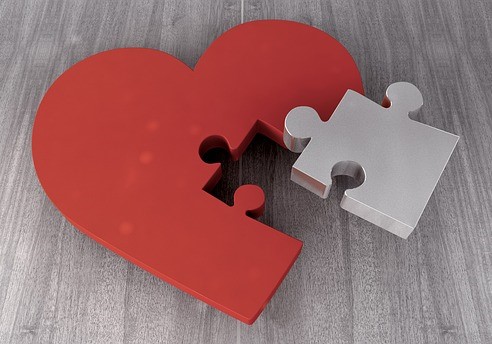Coping with Infertility and Childlessness

Infertility is defined as not being able to conceive after at least one year of unprotected sex, currently 1 in 6 couples will struggle with infertility. A new term is now emerging ‘social infertility’ whereby a person is unable to have children due to their life circumstances, for example maybe they have not met someone in time.
A further term is CNBC (childless not by choice). Childlessness now affects 20% of women and 25% of men in the Western world, deemed as anyone over 45 who has not had a child (H. Fennell, 2020, Representations of Involuntary Childlessness in Film)
Even though over one fifth of individuals remains childless we live in a very pro-natalist society, one that seems obsessed with babies and the ‘perfect 2.4 family’. In the new year I bought a magazine and seven of the nine articles were about new babies, pregnant celebrities or hopes for having a baby soon.
If you are not fitting the mold, regardless of if you want to or not, this can be difficult. But if this is something you have been dreaming of your whole life this can become traumatic and unbearable. Unlike grieving a physical person, the silence that surrounds grief through infertility or being childless not by choice only compounds the feelings of grief and trauma.
There may even be shame for having these feelings when there was no physical child. Let me assure you the grief is more than valid. It is the very real death of a dream or a hope that has been woven into the fabric of your future self for many years.
Pregnant women are adored whilst women who choose to remain childfree (by choice) are vilified. A research paper by Hilary Fennell on the “Representations of Involuntary Childlessness in Film” showed that within films over five decades whose main female character was childless these women were depicted as either tragic, flawed, selfish or evil.
In our society etiquette also dictates that regardless of your personal struggles the only response to a pregnancy announcement is overwhelming joy and congratulations. Of course, we should be happy for our friends and family and want to celebrate. However, for some these revelations shine an intense light of pain onto a person own despair and overwhelming heartbreak.
It also seems completely acceptable for anyone to ask you what is essentially, your fertility status. I am at the age where I could comfortably have a 10 year old, often people’s question to me when they find out I am childless but married is ‘how long have you been married?’ I imagine the cogs in their mind turning as they try to work out am I childless because I have just met my partner and was waiting for marriage (I speculate of course).
Anyone affected by infertility or being childless not by choice I’m sure will have their go to excuse in their back pocket ready to whip out when required , as the statement
“Thanks for asking, we have actually been in a sh*t storm of infertility and our only chances are if we spend thousands of pounds and pump my body full of the hormones found in post-menopausal women”
is still unacceptable as it would make the questioner feel terribly uncomfortable.
As depressing as this all is, I feel it does go somewhat to explaining why people can find accepting this childfree path unbearably difficult. Yes, it is a process but why should the CNBC individual feel like they are living a lesser life because of how society makes them feel! As my favourite quote from Mary Hale says
“Happiness is letting go of what you think your life is supposed to look like and celebrating it for everything that it is”
Not letting go of the life you ‘think’ you should be living only serves as a constant comparison creating pain and hurt.
Validate your journey, your grief, your heartache, and most of all be easy on yourself. If you secretly struggle to be happy for a loved one’s pregnancy announcement let yourself off the hook do not add shame to the heartache. If the relationship allows, share your difficulties with them.
My passion is in helping those who want to get to a place of acceptance but do not think they can. Solution Focused Hypnotherapy can be greatly beneficial for helping you to focus on the positive things in life and changing your perspective, but so is counselling and CBT. Choose which ever therapy is right for you but working through your pain via therapy will be so beneficial in processing and hopefully moving forward.
You can find out more about how I can help in my page Infertility and CNBC.
Additional help can be found below;



 Hello Positivity
Hello Positivity